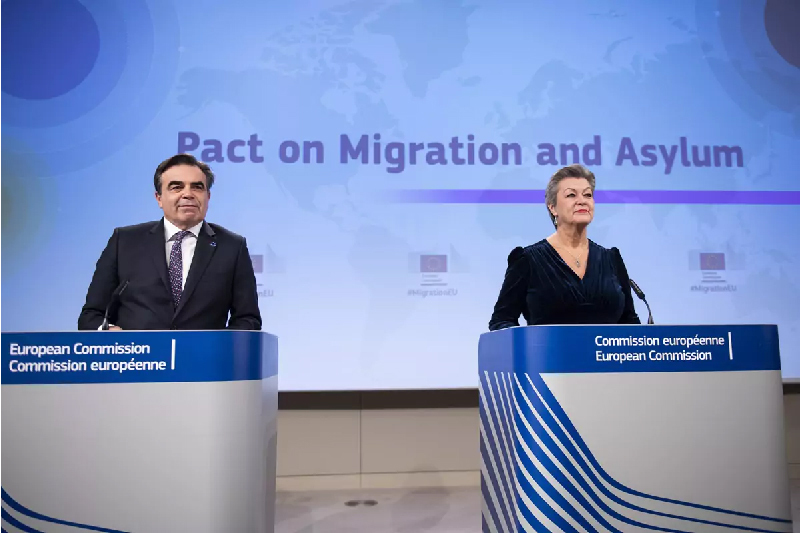

The European Union's (EU) approach to managing migration through agreements with North African countries has sparked controversy and criticism.
The European Union’s (EU) approach to managing migration through agreements with North African countries has sparked controversy and criticism. Recent developments highlight the challenges and ethical dilemmas surrounding these agreements, with MEPs, aid organisations, and NGOs raising serious concerns about human rights violations and the effectiveness of these deals.
Members of the European Parliament (MEPs) have expressed strong criticism of the European Commission for its EU Migration Agreements with North African countries. They argue that these deals, which involve substantial financial support in return for curbing migration to Europe, are problematic. MEPs like Sophie in ‘t Veld and Matjaž Nemec have voiced concerns that such agreements may end up supporting authoritarian regimes rather than helping people.
Three aid organizations, including Amnesty International Netherlands, are suing the Dutch government over its involvement in the 2016 EU-Turkey migration deal. They argue that the deal led to the violation of human rights, with tens of thousands of asylum seekers suffering in Greek camps and reception centres. The legal action highlights the accountability of governments in implementing and endorsing such agreements.
An Italian search and rescue NGO reported being shot at by the Libyan Coast Guard during a rescue mission in the Mediterranean. This incident raises concerns about the safety of rescue operations and the treatment of migrants. MEP Pietro Bartolo has called for intervention to protect human rights at sea and criticized the EU’s funding of Libyan security forces.
The United Nations Agency for Palestinian Refugees (UNRWA) has launched an appeal for donations to support Palestinian refugees in Syria and neighbouring countries. This appeal comes as UNRWA faces challenges in providing humanitarian assistance, with a large percentage of Gaza’s population displaced due to ongoing hostilities.
Despite criticism, the EU is reportedly preparing a migration agreement with Morocco. This comes after Morocco’s efforts to curb migration were praised by EU High Representative Josep Borell. The EU’s continued pursuit of such agreements raises questions about its approach to managing migration and its commitment to human rights.
The EU migration agreements with North African countries continue to draw criticism and raise ethical concerns. As MEPs, aid organizations, and NGOs highlight the human rights implications of these deals, the EU needs to reassess its approach and ensure that its actions align with its values and obligations. Balancing the need for effective migration management with respect for human rights remains a complex challenge for the EU and its member states.
Scottish Water staff started their 48-hour work strike at midnight due to their escalating pay negotiation problems with the organization.…
The Trump administration has selected Kansas City as its main destination to test federal workforce reduction measures. Through the leadership…
Maryland Governor Wes Moore has announced a new plan to help federal workers who recently lost their jobs. The state…
Volvo North America declared the second job cut round in New River Valley, Dublin, Virginia. The anticipated layoff of anywhere…
A significant ruling has been issued by the National Court of Spain that permits the workers to enjoy their five-day…
2025 is emerging as yet another year of massive lay-offs in the technology sector, extending the faint trend of 2024…
This website uses cookies.
Read More